Should literary magazines pay?
 Warning! This is a rant, walk away now if you are going to be offended or upset about strong opinions being thrown at you in a not so easy to take way.
Warning! This is a rant, walk away now if you are going to be offended or upset about strong opinions being thrown at you in a not so easy to take way.
I keep getting emails, about one per week, from different writers, and the email reads something like: “Why don’t these stupid literary magazines you keep sending me pay! Don’t they know I’m trying to make a living. My writing is worth a lot and I should get paid for it! They are so selfish, keeping all that money and driving BMWs. Why don’t think of me, the little guy!” I agree that writing is worth a lot, but the world doesn’t see it that way.
Let’s get this out of the way: Should literary magazines pay? They can’t. They don’t make any money. I don’t mean that literary magazines are run on a shoestring budget and each editor only makes enough to drive his Dodge Dart, and that’s it. I mean that they don’t make money. For 100 years literary magazines have tried to make money, and many have folded in the process. I’ll give you an example that I know first hand. This would be considered one of the best literary magazines in the country and one of the richest. The literary magazine that was published through the University where I did my writing program got enough money from the university to do a a 500 issue print run (about $1000). It got another $1000 grant which it paid to a writer as an award. That was it. The editor was paid a $1000 per year stipend from the university and all of the other editors (poetry, fiction, and layout) were NOT paid. The editor did drive a Dodge Dart, but that is another issue. Keep in mind that this was a very good and rare magazine that’s why they had any money at all.
Literary magazine editors on the web do even better than making money, they pay money. They don’t get paid AND they pay for the magazine to be on the web. Most literary magazines on the web do not even cover their publishing cost. The editor of Glimmer Train magazine (a national magazine) said point blank, we don’t make very much money by doing this at all. We hardly cover our costs.
In the old days there were large publishing companies like Advance Star and Knight Ridder that made money by publishing in the margins. They could hire 1 person to run a magazine, and then pay their authors a little bit. Knight Ridder went out of business and Advance Star is only publishing a handful of magazines. Their literary magazine does pay, it is the New Yorker. People see a magazine in print or on the web, and they think, well they have to be making money. “Greedy lit mag editors.” This is just NOT the case.
Most self-published books do better than literary magazines. I haven’t ever asked, but before you wonder why these magazines don’t pay, ask yourself, as a writer who is trying to publish in one of these magazines, how many subscriptions do you have to literary magazines? Are you willing to put up money so they can pay you and other writers? Most writers are not.
The thing that is the most frustrating about these emails is that the person who asks, “Why don’t these stupid magazines pay,” wouldn’t even read an issue of the magazine before they send in their work. They would just see it as a way to make a couple of bucks and blindly send off their science fiction story to the literary magazine dedicated to North cost writers.
So, literary magazines can’t pay because they don’t get paid. Why would you ever want to publish your work for free? I’ve talked about this before. Put simply publishing credits help you publish MORE works. Publishing credits help you sell books, and publishing credits help you get exposure to sell a book or to bring people to your website. That’s the best, most magazines can do. It works out to be worth a lot if you can establish yourself as a good writer and then have a book for sale. Some people have ended up on the bestsellers (with self-published books) by doing this, so I would say it is worth it. If you are looking for $10000 per story, get an agent, publish a book, once you don’t need the money anymore because you’ve sold so many books, magazines will pay you a lot of money to publish your stories, ironic eh? If you were looking for 1 cent per word, many literary magazines stopped doing this because they couldn’t afford it!
- The Writer’s Roadmap: Embracing Outlining (Free Worksheet Included!) - April 15, 2025
- A Complete Guide to the Hero’s Journey in Storytelling (Free Worksheet) - April 10, 2025
- On Literary Criticism by Ambrose Bierce - April 9, 2025
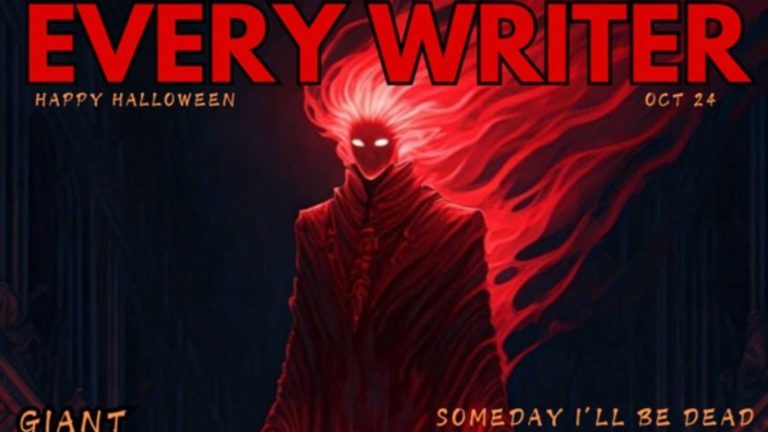
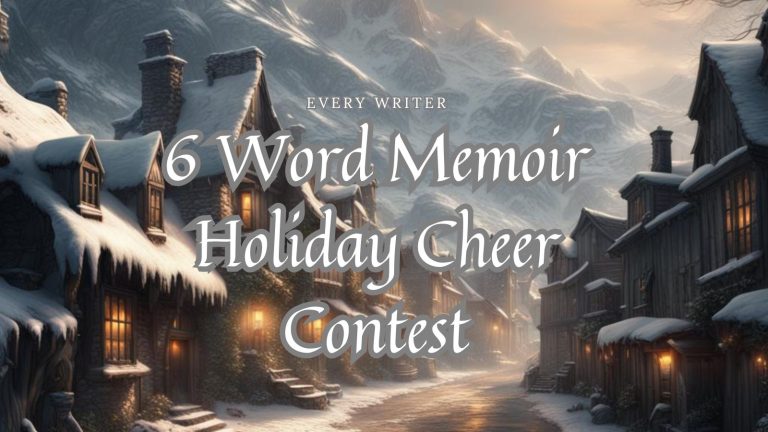
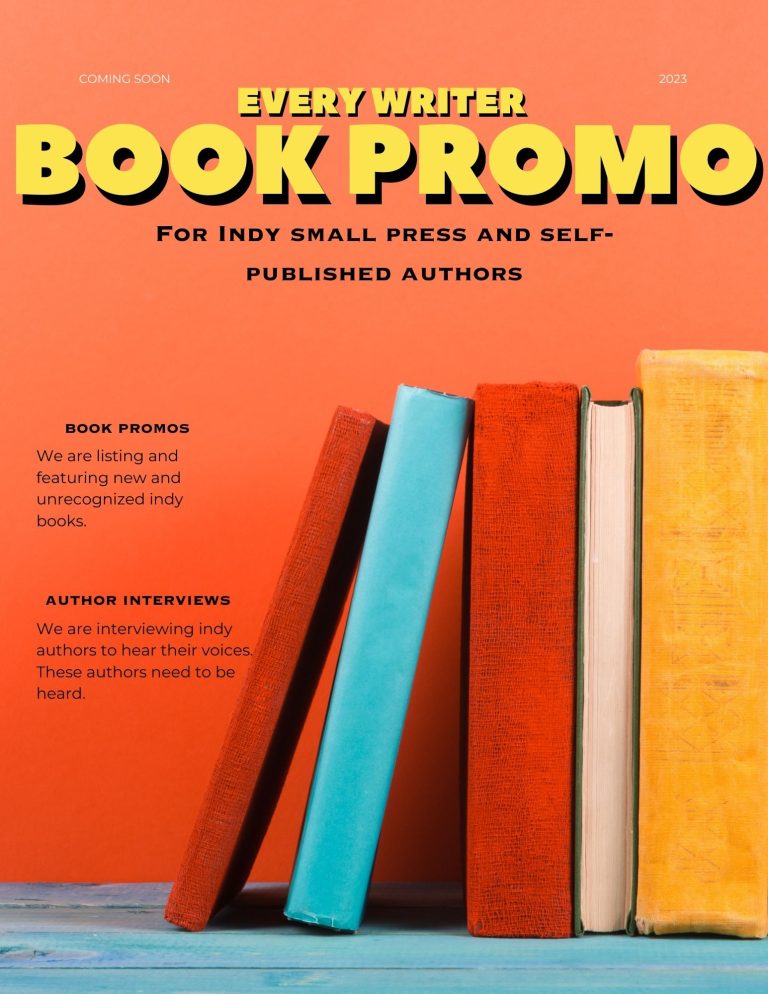
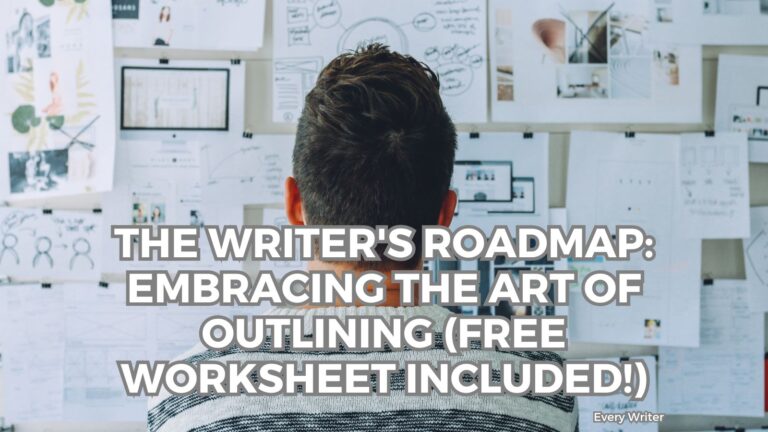
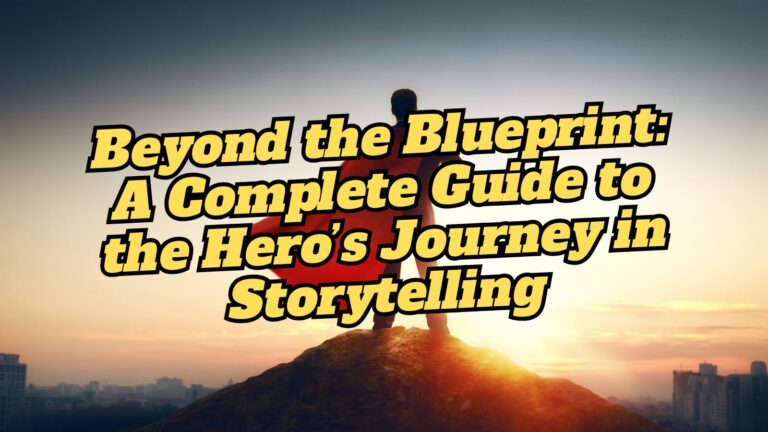
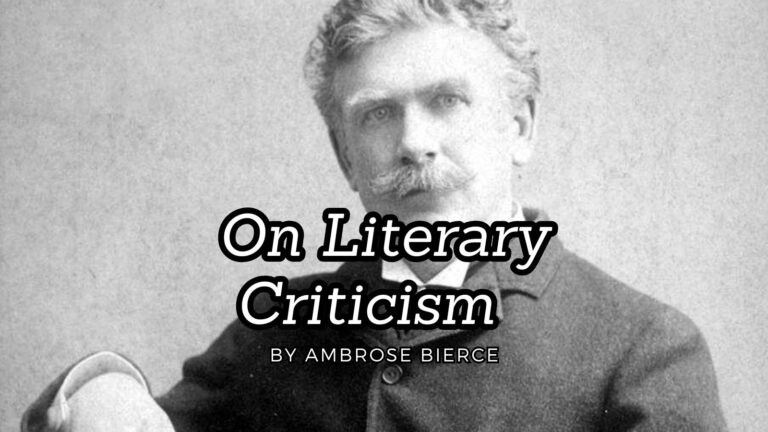
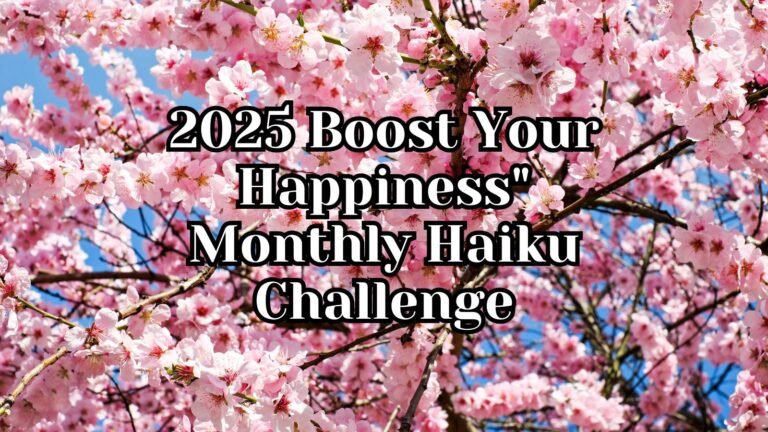
First of all, many thanks for publishing my short story, ‘Wanting To Be Loved’ by Barry Smythe in this months issue.
I was interested in the above article, Should Literary Magazines Pay.
I am in the process of creating an online short story magazine and trying to glean off all the advice and pitfalls wherever possible. Also I do understand it will probably never break even even and will be my labour of love…
The Reason For Creating a Free Monthly On-Line Short Story Thriller Magazine…
The on-line magazine will be used to pioneer a new short story genre where the usual tight constraints and parameters of short story structure are relaxed
Having already self-published a horror paperback on Amazon and near to completion on my next two short story e.books that will be upload in May 2014 on Amazon Kindle – I wanted to start an online magazine project for the thriller/crime genre.
The magazine will be free to readers and open to short story submissions (word count 1,500 to 25,000) including a short story competition every month (word count up to 8,000).
Accepted submissions and competition winners will be featured in the magazine with over twenty short stories on show including articles on creative writing. Supporting this, will be giveaways for paperbacks and e.books with cash awards for competition winners.
Another feature in our magazine will be the ability for self-published authors to advertise their book along with their front cover and blurb details free of charge.
I hope to finance the magazine through Google AdSense and local advertising.
The main reason for developing the magazine is to give first time or relatively unknown authors the exposure they deserve. All we ask is that stories are edited to the best of their ability.
Using the on-line magazine to pioneer a new short story genre, I will be trying to move away from the standard format first person – close tight empathy driven – emotional connection – snapshot in time – short story, and drive it through a more intriguing plot with varied and interesting locations – including a multitude of characters and viewpoints.
Quite frankly, after reading numerous quantities of various stereotype short stories, where one has to feel terribly emotionally involved with the main protagonist i.e. The devoted daughter whose mother is dying of cancer; while she is sitting by her bed looking through the family photo album, remembering with tears in her eyes – really makes me want to throw up.
In saying that, I do understand the reader has to create a sense of identification with the main characters early on in a story so as to – sympathise, empathise, like, understand their jeopardy, their humour and power. However, my stories resemble the scale of a novel or novella with a broader set of events and a lot more characters (one critique said the cast of Ben Hur) as opposed to the conventional short story. Of course, I’m not saying there shouldn’t be interaction between characters and of course the story must clearly show, what’s at stake, conflict, resolution and change. However, my stories tend to read very much like the skeleton of a novel and usually have an anti-hero.
A good example of a short form thriller, typical of the stories we will be trying to achieve in the magazine, would be Psycho by Robert Bloch. In that novella, there is really no one to empathise with apart from Norman Bates the anti-hero. This is through his situation – having to look after his elderly sick mother and run a motel where nobody calls anymore because the planners built a new highway – and some backstory flashback when Norman was a child – his devoted mother elbowed him for her fancy man to run the motel together – The outline is similar to my stories, where the plot and numerous characters with their various viewpoints come together on a larger canvas and are driven by action and tension with less emotional connection as opposed to the typical short story parameters that current magazine editors and competition judges require.
For myself, stories are like paintings in a gallery. You either slowly stroll past or you stand and look. A reader doesn’t always have to be confronted with a soul searching story that he has to strongly empathise with. He wants to be entertained, like in the cinema with a good plot and interesting characters.
Sorry to rant on for so long but, I would like any views on my project and any helpful advice…
Regards
Barry Smythe
barrysmythe@hotmail.com
Starting a literary magazine, or a magazine of any kind is really difficult. We wrote an article about this a while ago. It’s probably a little outdated, but the ideas are sound (have to write another soon).
https://www.everywritersresource.com/writingsense/the-pitfalls-of-stating-a-literary-magazine/
Starting a literary magazine is like starting your own factory that isn’t going to pay you and you are the only person who has to work in. You have to do everything. Making money on a website alone is very difficult. Unless you have a few 100,000 visitors per month (which is very difficult to do).
That being said, I would say try it for a month and see what happens. Do one issue and see if you can sell any ads or make any money.
I have to remove your link to your book, I’m sorry about this, but we can’t monitor all the outgoing links on our site.